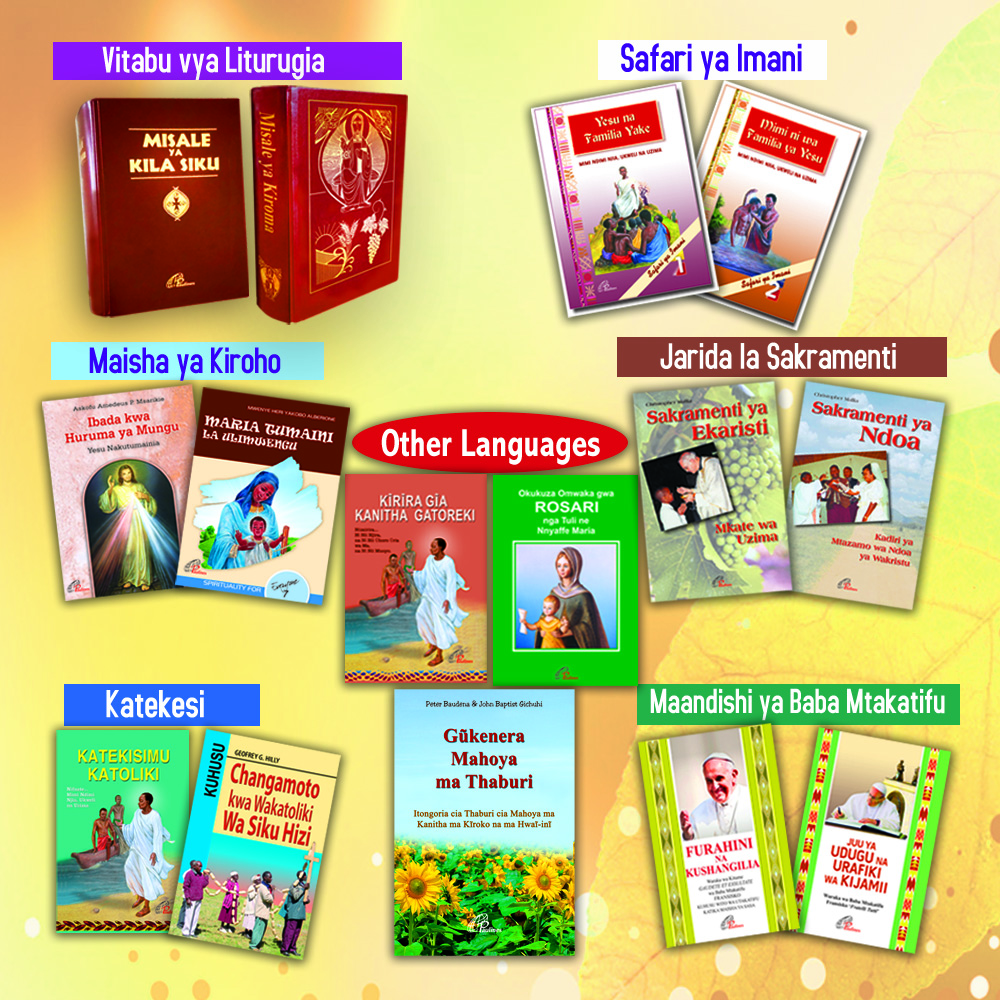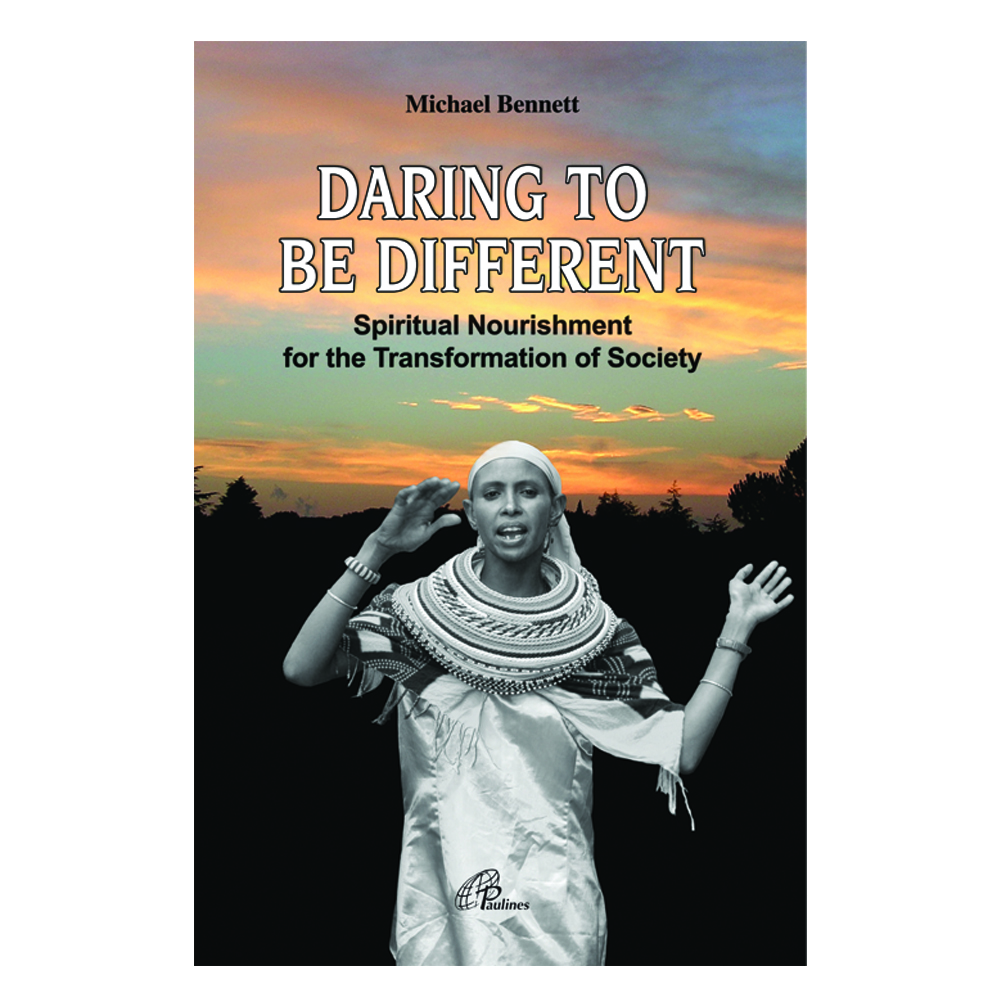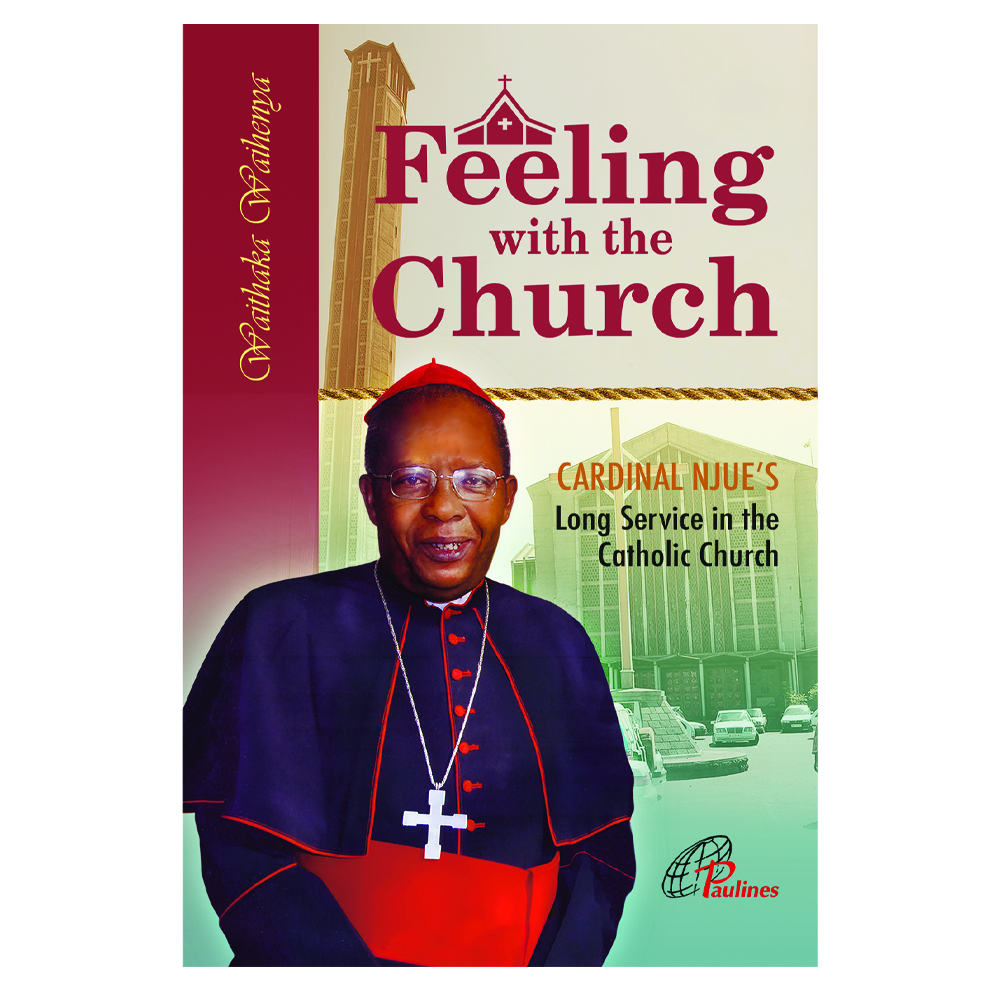Daring to be Different
Discovering the kingdom is like finding a pearl of great price, or a treasure hidden in a field, which leads to a change of priorities and a new focus in our lives. Human kingdoms of arrogance, greed, power and control contradict God’s kingdom. The outer journey of our lives may take many decades and is one of physical decline, sign-posted by facial wrinkles and graying hair. The real journey in life is inner, one that leads to ongoing spiritual growth and greater wisdom. It involves a gradual letting go to the action of God’s love and grace in our hearts. Deep within we come to know God and be known by him.
Etty Hillesum, a Jewish woman who died in a German concentration camp in 1943, expresses this inner reality: “(Today has been) a very hard day. But I keep finding myself in prayer. And that is something I shall always be able to do even in the smallest place, even in this prison space: pray. And I know for certain that there will be continuity between the life I have led and the life about to begin. Because my life is increasingly an inner one and the outer setting matters less and less.
Jesus in John’s gospel reminds us that whoever eats my flesh and drinks my blood remains in me and I in him (Jn 6:56). There is a profound mutual indwelling. Our imagination may help us to reflect on what this means, especially during the period of silence after communion. Jesus shares his life, his world and his home with us. Can we do likewise with him? I can imagine my home as a house with many rooms. Can I invite Jesus into my house? Can I show him the different rooms of my life? Can I be totally open to him and let him enter all these rooms? As I walk with Jesus through my house showing him the different rooms, maybe there is a basement and I tell Jesus, “No, you cannot go in there!” He says, “Please, I want to enter there too.” How do I answer? Mutual indwelling means that there can be no hiding places! Transparency is required in our relationship with Jesus, and in the conduct of our lives.
Unfortunately, few people are capable of spiritual force. Too many people lack spiritual and moral maturity and too easily crumble in the face of violence and oppression. Spiritual nourishment for the transformation of society, the very rationale for writing this book, is a vital requirement. Social and psychological skills, or political competence, are insufficient on their own. Mahatma Gandhi, inspired by the teaching of Jesus in the Sermon on the Mountain, said that spiritual force required self-purification. The path to purification was “hard and steep…one has to become absolutely passion-free in thought, speech and action; to arise above the opposing currents of love and hatred, attachment and repulsion.”













.png)